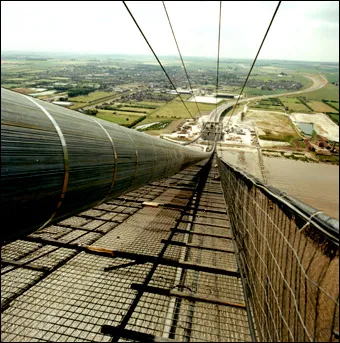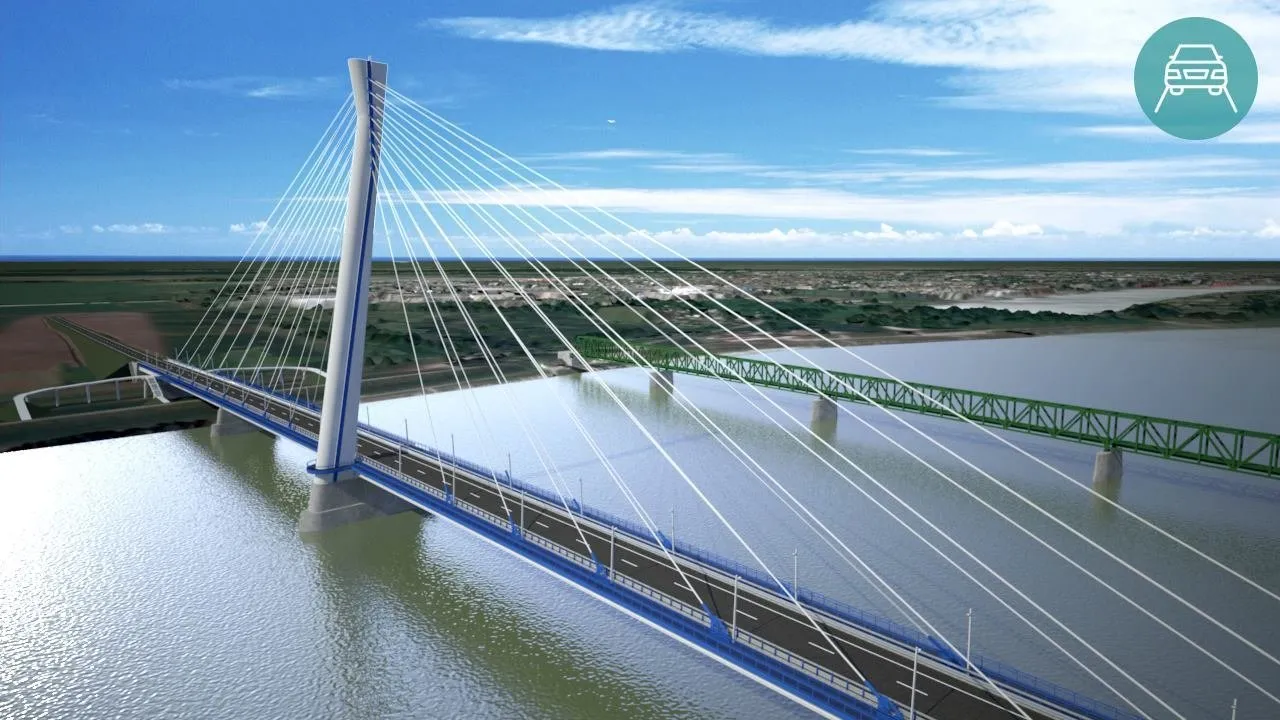
The Hungarian capital's public transport authority BKK has received four tenders for renovation works on the city's Széchenyi Chain Bridge.
BKK may sign a contract with the winner of the tender in February next year, according the local media. Works would start in March for completion in 2023.
The local municipality of Budapest is to cover the cost of the project from its own funds, as well as from a loan and from a state subsidy.
Renovations to the historic Széchenyi Chain Bridge and a nearby road tunnel have been long-awaited and at one time were shelved due to cost concerns.
The 380m-long, 14.8m-wide suspension bridge was built between 1839 and 1849. When opened, it was the first permanent bridge over the Danube River that connected the opposite towns of Buda and Pest – now the Hungarian capital. At the time, its centre span of 202m was one of the longest in the world.
The bridge has the official name of István Széchenyi, a major supporter of its construction, although it is commonly called the Chain Bridge.
The bridge's cast-iron structure was updated and strengthened in 1914. During World War II, the bridge was blown up by the retreating Germans in January 1945. Only the towers remained standing but the bridge was reopened after extensive reconstruction in 1949.
The Széchenyi Chain Bridge is one of only two surviving bridges designed by English engineer William Tierney Clark. The other is a suspension bridge in England over the River Thames at the town of Marlow, up-river from London.








